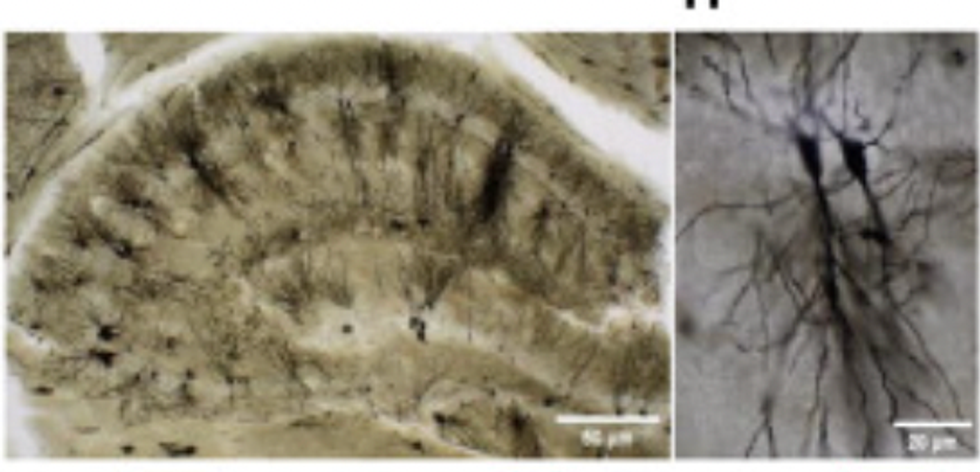New miracle supplement found to boost memory and muscle strength in old age

All products and promotions are independently selected by our experts. To help us provide free impartial advice, we will earn an affiliate commission if you buy something. Click here to learn more
HMB enters into the brain to increase beneficial proteins, restore neuronal connections and improve memory, researchers found
Don't Miss
Most Read
A super supplement has been shown to boost memory and muscle health in old age. Researchers say the findings open up a "promising avenue" for treating Alzheimer's disease.
Beta-hydroxy beta-methylbutyrate, also called HMB, is not a prescription drug or a steroid, but an over-the-counter supplement that is available in sports and fitness stores.
- View Deal | Buy 180x unflavoured HMB supplements at Amazon
- View Deal | Get 45% off HMB with code SAVE at MyVitamins
Bodybuilders regularly use HMB to increase exercise-induced gains in muscle size and strength while improving exercise performance. HMB is considered safe even after long-term use, with no known side effects.

Bodybuilders regularly use HMB to increase exercise-induced gains in muscle size and strength
|Getty Images
There's ample evidence demonstrating HMB's efficacy in boosting muscle strength and performance.
For example, in a 12-week randomised, double-blind, placebo-controlled study, published in the Journal of Nutrition, Health and Aging, researchers evaluated the benefits of HMB supplementation on older adults with sarcopenia, a medical condition characterised by extreme muscle loss.
The study found HMB significantly enhanced the effect of resistance training on muscle strength, physical performance, and muscle quality. It also reduced inflammatory markers.
Researchers are now exploring its potential to boost cognitive performance.
Studies in mice with Alzheimer's disease have shown that HMB successfully reduces plaques and increases factors for neuronal growth to protect learning and memory.
In a mice study, published in the journal Cell Reports, researchers examined whether after oral administration, HMB could enter into the brain.
Three days after oral treatment, HMB was detected in the hippocampus of HMB-fed mice compared with control untreated mice, indicating that HMB is capable of crossing the blood-brain barrier.
The hippocampus region of the brain is responsible for learning and memory, and leakage in the blood-brain barrier is associated with forgetfulness in ageing.
LATEST DEVELOPMENTS

HMB was detected in the hippocampus of HMB-fed mice
|Cell Reports
Previous studies indicate that a family of proteins known as neurotrophic factors are drastically decreased in the brains of people with Alzheimer's disease and have been found to help in survival and function of neurons, which are cells that receive and send messages from the body to the brain and vice versa.
"Our study found that after oral consumption, HMB enters into the brain to increase these beneficial proteins, restore neuronal connections and improve memory and learning in mice with Alzheimer's-like pathology, such as plaques and tangles," said Kalipada Pahan, Professor of Neurology at RUSH Medical College.
The study findings indicate that HMB stimulates a nuclear hormone receptor called PPAR? within the brain that regulates the transport of fatty acids, which is key to the success of HMB as a neuroprotective supplement.
"If mouse results with HMB are replicated in Alzheimer's disease patients, it would open up a promising avenue of treatment of this devastating neurodegenerative disease," Professor Pahan said.
"This may be one of the safest and the easiest approaches to halt disease progression and protect memory in Alzheimer's disease patients," he added.










